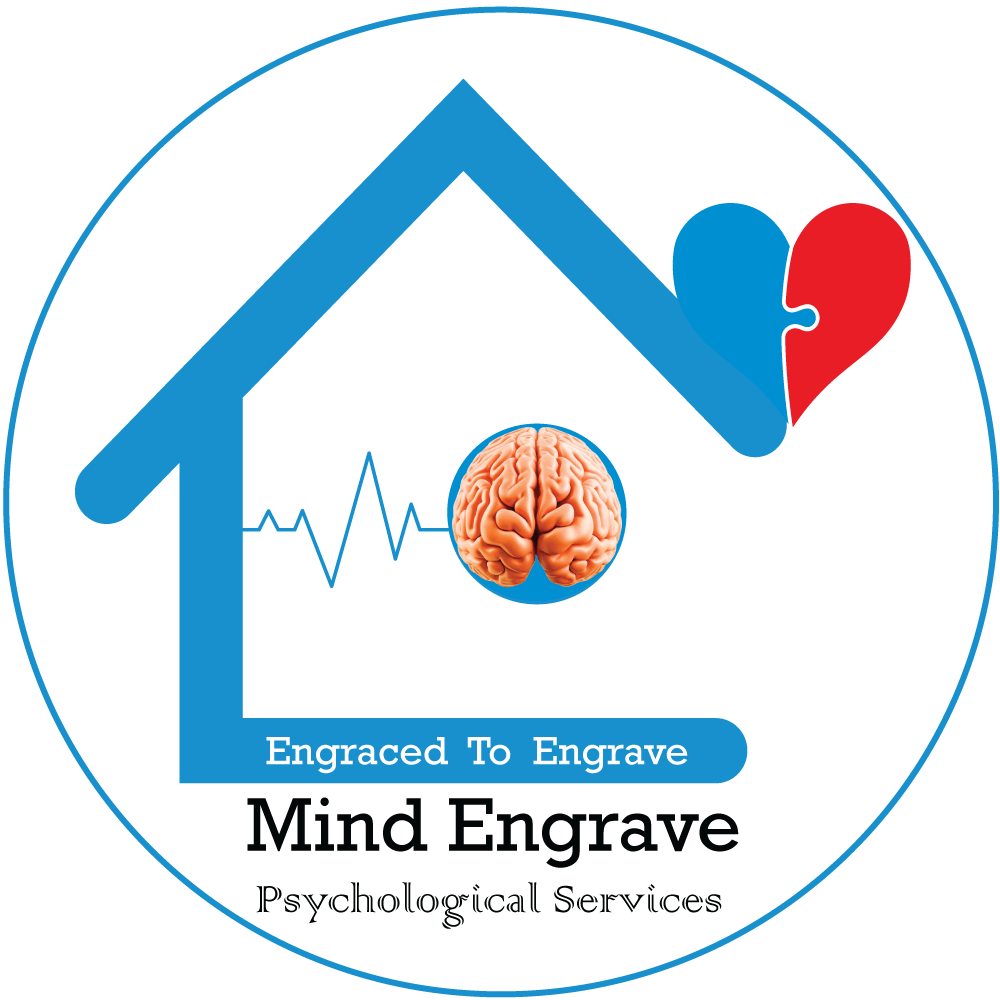What Happens in Premarital Counseling
What happens in premarital counseling matters for every engaged couple who wants clarity before marriage. In a typical premarital counseling session, clinicians lead a clear agenda: intake, assessment, topic exploration, skill practice, and planning. First, the counselor collects background facts and clarifies goals. Next, the clinician uses structured questions to map communication patterns, financial habits, intimacy expectations, and family dynamics. Adults and professionals value this efficient structure because it respects time while delivering measurable results.
During the session, counselors apply practical tools. They teach active listening, reflective statements, and timed check-ins so partners can practice immediate change. Couples do short exercises in-session and receive clear homework for the week. These tasks reinforce new habits and turn abstract advice into daily routines. Moreover, clinicians offer brief assessments to track progress, which helps couples see concrete improvement over time.
Counseling sessions also address finances and planning. Counselors prompt partners to list income, debts, and goals. They guide couples to draft initial budgets and role agreements. This pragmatic work reduces surprise and prevents recurring conflict. Professionals often report increased focus at work after they resolve money tensions at home.
Intimacy and sexual expectations receive direct, clinical attention. Counselors normalize differences in desire and provide strategies to maintain closeness despite busy careers. They cover consent, health checks, and timing for children. These conversations remove assumptions and build mutual understanding before vows.
Conflict resolution forms a central part of sessions. Therapists teach de-escalation techniques and fair-fight rules so couples stop repeating unhelpful cycles. They model interventions and coach partners through real disagreements. After practice, couples leave sessions with clear steps to repair and move forward. That skill set boosts relational stability and supports career resilience.
Counselors screen for individual mental health concerns that could affect the relationship. When needed, clinicians refer partners to specialists and coordinate care. That proactive approach prevents untreated issues from undermining marriage quality. Couples who manage mental health together report better long-term outcomes.
Finally, the session ends with a forward plan. Counselors summarize decisions, set milestones, and schedule follow-ups. They recommend a mix of short-term skill work and periodic reviews. Professionals appreciate this results-oriented close because it mirrors familiar workplace planning. If you prepare for your first visit, bring basic financial documents and be ready to state personal goals. Arrive with questions about confidentiality, session length, and expected outcomes. Choosing an accredited clinician who uses evidence-based methods guarantees focused, efficient sessions that match the demands of adult life and professional schedules. This guide helps fill the gap in your mind regarding what happens in premarital counseling. All you need to do is key into these and be well prepared ahead of your visit.
Further Reading on what to expect in premarital counseling:

Odusanya Adedeji
Odusanya Adedeji A., is a Licensed & Certified Clinical Psychologist whose domain of expertise cuts across management of specific mental health issues such as, Depression, PTSD, Anxiety & Anxiety related disorders, substance use disorder, etc





